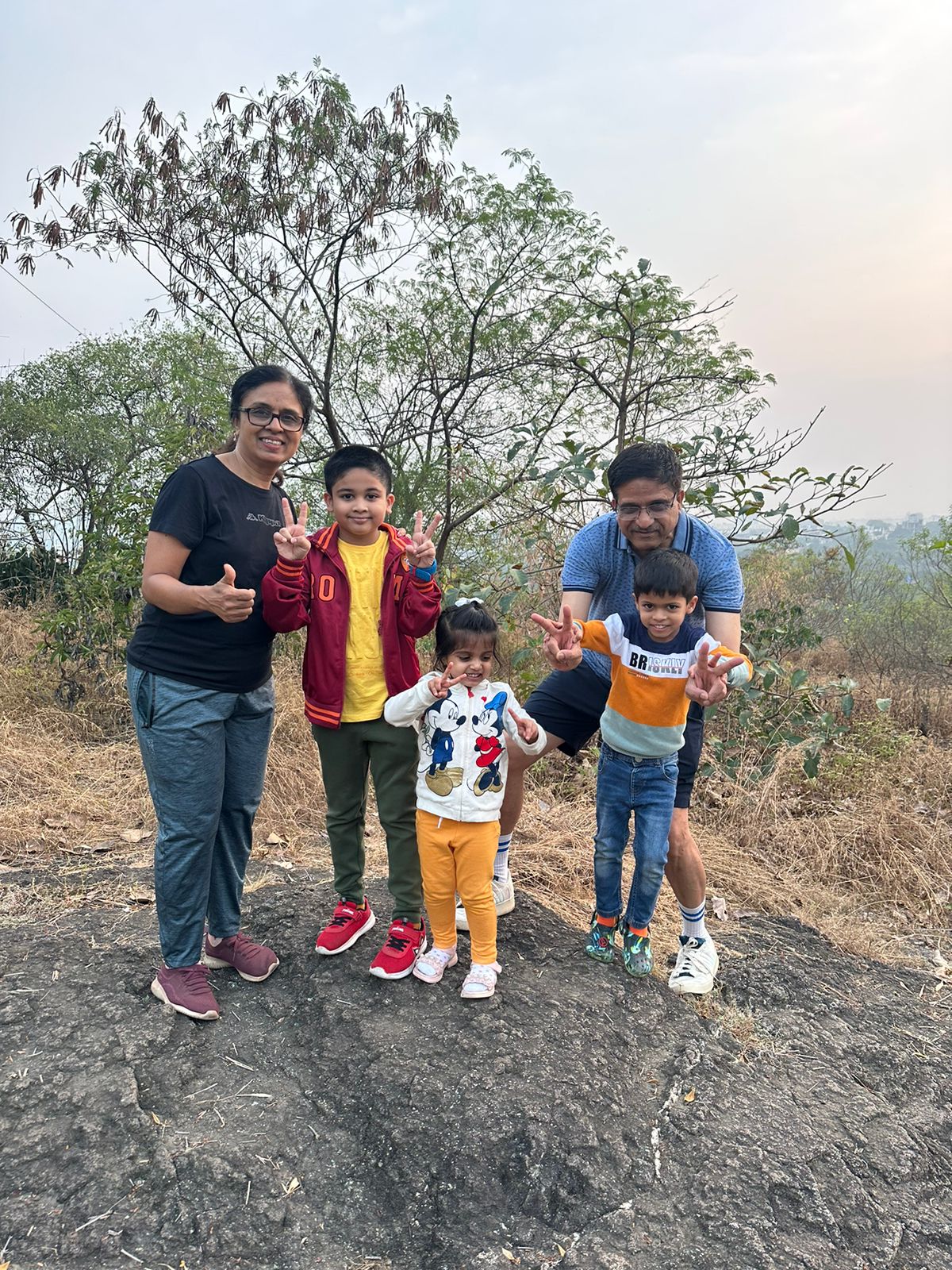
Tomorrow, the 14th of November, is celebrated as Children’s Day. In fact, I would say that it is a day to make us adults aware of the rights and education of children. It is a day celebrated as Pandit Jawaharlal Nehru’s birthday because he loved children and dedicated his birthday to the millions of children in India. Therefore, 14th of November is celebrated as Children’s Day, all across India.
With the new education policy, the new education system that the children will undergo has changed. From the 10+2, our education pattern during our school days has now been transformed into the 5+3+3+4. This means the first five years will comprise kindergarten, suggesting mini Kg, junior KG and upper KG and then standards one and two. These first five years are called the foundation years. The next three years are the standards third, fourth and fifth standards are called preparatory years, and then the sixth, seventh and eighth are called middle school, followed by ninth, tenth, eleventh and twelfth, which are known as high school, according to the New Education Policy (NEP).
There is a lot of emphasis on liberal education, skill based and value-based education. The first five years, called the foundation years, lay a foundation for all further education. It also means that early childhood education, which was earlier limited to kindergarten, is now extended to standards one and two because child psychologists and early childhood educationists believe that the development of the brain happens during these formative five years of kindergarten and standards one and two. The next three years are the preparatory years, which means preparation for middle school; that is preparation for knowing different subjects and disciplines and making one’s career choices. The following three years is the middle school, where the literacy, numeracy and the sciences are introduced and then, of course, the ninth, tenth, eleventh and twelfth grades. One would also notice that the tenth standard board exams are unimportant in this NEP. It also means that the boards will become obsolete, whether the CBSE, ICSE, IGCSE or IB, which has created havoc and confusion amongst parents. Instead, the ninth, tenth, eleventh and twelfth grades will provide four years for children to choose their careers and, thereby, their undergraduate studies. The twelfth grade extends into the four-year undergraduate studies, which is again a liberal program or a liberal arts like program, which gives a holistic education to children.
Today’s children are well informed and have knowledge, while they also understand technology better than any one of us can. Even my three-year-old granddaughter can operate my iPhone, and my five and seven year-old grandsons can use the iPhone so well that sometimes I fall back upon him to help with some of the functions. Therefore, not just access to technology but the application of technology for the right purposes has become very important and critical for our children’s education.
Children’s Day is also about fun and enjoyment. Today, a day before Children’s Day, I took my three grandchildren to the hill next to the Symbiosis campus, and we had a blast, with the children enjoying the outdoors as much as we did.
I wish all the children, parents, grandparents, teachers and other caretakers to whom children’s well-being means a lot, a very Happy Children’s Day!